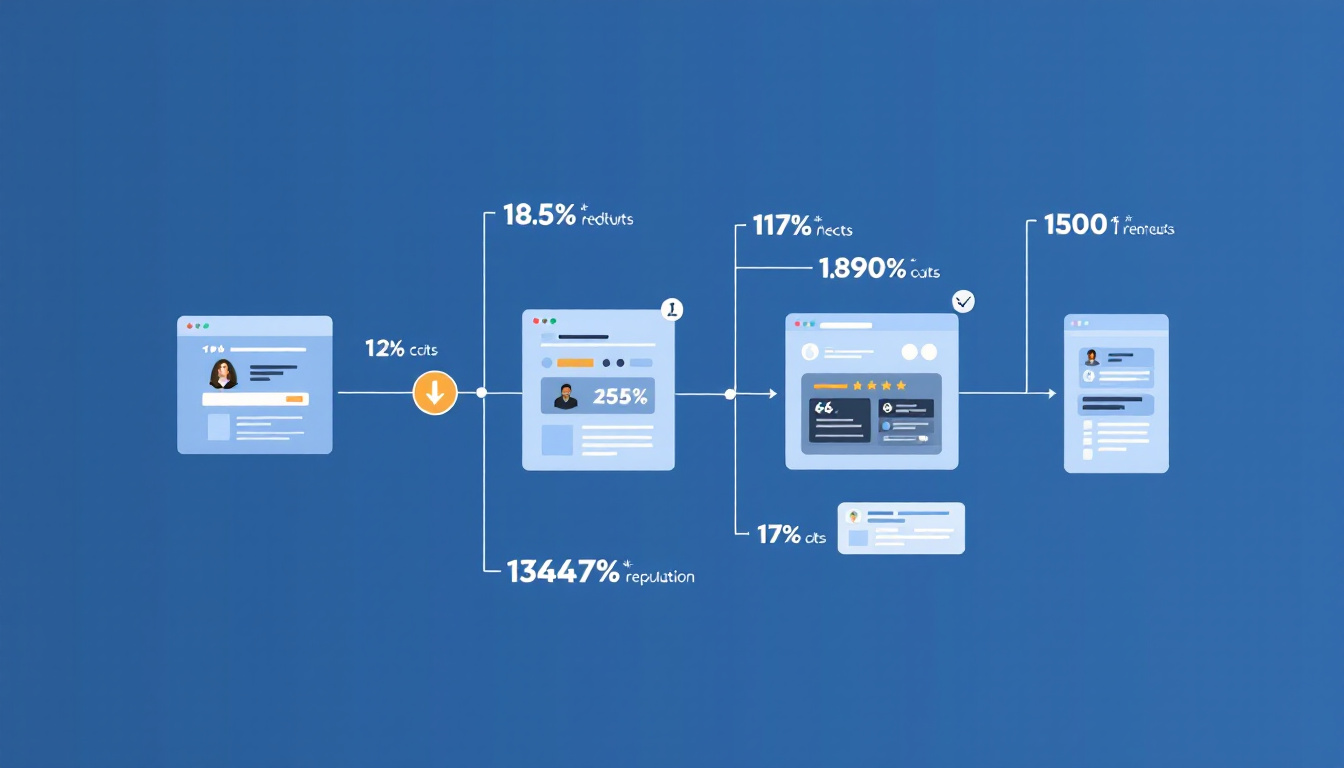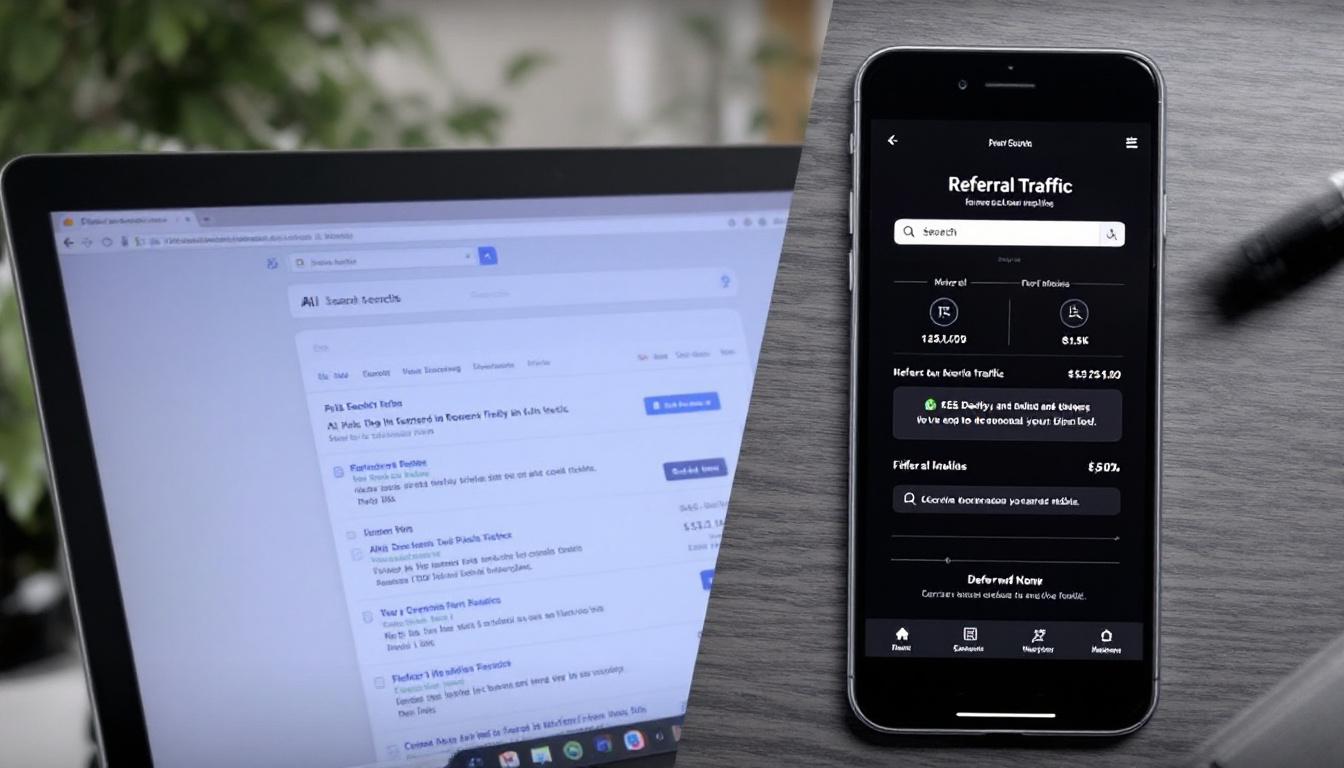At the recent Search Central Live event in New York City, Danny Sullivan shed light on how varying content types within a single website can influence its ranking. He introduced the ‘mini-site’ concept to illustrate how site reputation can fragment when diverse content is published.
SEMRush
SEMrush is a fantastic SEO tool that can be used to carry out keyword research, including tracking the keyword strategy of your competitors.
Sullivan also addressed concerns surrounding negative authorship authority, a notion suggesting that an author’s association with penalized websites might adversely impact other platforms they contribute to.
Understanding Negative Authorship Signals
Sullivan began by tackling the prevalent belief in the SEO community regarding negative authorship signals.
He addressed the misconception that authors with content issues on one site could affect their standing on others.
Debunking the Authorship Authority Myth
Clarifying the misconception, Sullivan emphasized that Google does not propagate negative signals based on an author’s history across multiple websites.
“An author who has content removed or a site penalized does not carry that negative impact to other sites they contribute to in the future,” Sullivan affirmed. “This means freelancers need not worry about their previous associations hindering their ability to write for new publications.”
The myth likely originated when publishers observed bans on similar content by the same author across different platforms.
However, inconsistencies in site promotion strategies or link practices might have been the actual culprits behind these actions, not the author’s inherent reliability.
Impact of Mini-Site Reputation on Rankings
Moving on, Sullivan explored how introducing new sections or features to a website can lead to ranking fluctuations, using the mini-site analogy to explain reputation segmentation.
How New Site Sections Affect Ranking
Using practical examples, he illustrated the potential consequences of expanding a website’s content types.
“For instance, integrating a forum into an existing website might prompt Google to evaluate the forum content distinctly from the main site,” Sullivan explained. “This segmentation can sometimes cause a temporary decline in traffic as the new section establishes its own reputation.”
He further noted that such ranking drops are not indicative of penalties or spam issues but rather part of a broader re-ranking process.
Over time, the new section may build its reputation independently, potentially enhancing its performance in search results.
The Bottom Line
Danny Sullivan’s insights clarify common misconceptions about authorship signals and highlight the natural evolution of site reputation when introducing new content sections.
Understanding these dynamics can help webmasters navigate rankings without undue concern over unfounded penalty fears.








